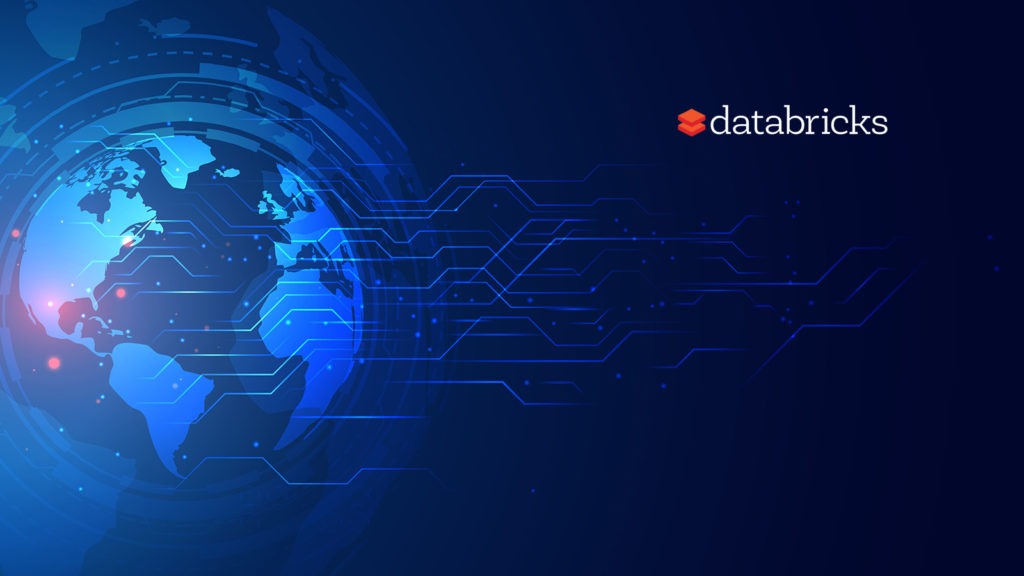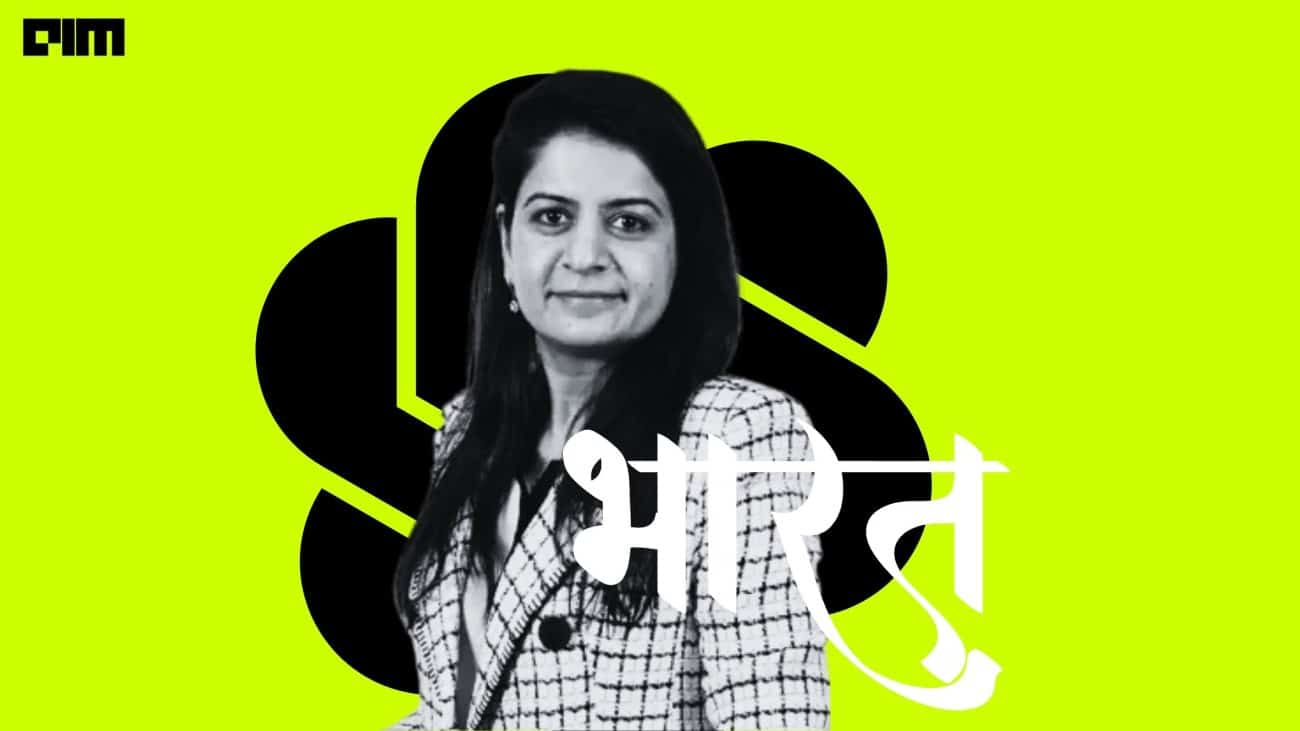 You are in a war, and you have 25,000 bullets but no guns; how would you react? You will be confused, right? Fine, I’ll give you the guns too; but this time, I will blindfold you. You find this as a futile exercise? Well, this is exactly what I experienced when I realised that many brands generate a huge volume of leads a month but are flummoxed when asked to determine which leads are sales-ready.
You are in a war, and you have 25,000 bullets but no guns; how would you react? You will be confused, right? Fine, I’ll give you the guns too; but this time, I will blindfold you. You find this as a futile exercise? Well, this is exactly what I experienced when I realised that many brands generate a huge volume of leads a month but are flummoxed when asked to determine which leads are sales-ready.
Up to 70% of sales leads are not properly leveraged or are completely ignored; thus, wasting marketing programme monies claims a recent study by Gartner. This is a painful pilferage which could be plugged if the leads are qualified, prioritised and given scores. In fact, the average lead conversion rate without a lead scoring model will be 1–2%. However, with a predictive model, the conversion rate can touch up to 6%.
For example, one of our clients from the travel and hospitality segment was at an advantageous position in terms of lead generation. The issue, however, was that the leads were being shared between marketing and sales team with little or no ‘hygiene check’. The data had been collected from multiple sources such as physical forms, web forms and some were even purchased from a third party agent. As a result, there were duplication of leads and inconsistencies in the demographic data.
It lacked demographic information of those thousands of leads being assigned to them, making it hard for the sales team to efficiently prioritise their time. The organisation needed to give its sales team insight, measure the value of its marketing programmes, and reduce time-intensive manual processes in order to effectively optimise the sales-cycle.
Latent Leads
There are organisations who claim that they have a situation of superfluity when it comes to “latent leads”. Interestingly, latent leads which are over twelve or fourteen months if re-engaged are most valuable as when compared with other leads. But the challenge is to break the silos, and source and implement a solution that is curated to suit the functional mannerisms of an organisation.
In order to eliminate duplicate and repetitive data, a specialised single instance storage technique called data deduplication is usually utilised. In this, a unique identifier (attribute) of a lead is selected and then the remaining data fields are updated by mapping that unique identifier with other records of that lead. This results in ensuring that only a single record is available for a particular lead with all the available information from the various sources in it.
Confidence and consensus
Many customers ask if lead scoring is a panacea to their ailing lead conversation rates. The answer is: No. Tools such as lead reduplication, scoring and nurturing help bolster the confidence but what still stands as a hurdle between a healthy lead and its conversion is consensus.
It is important that before the lead scoring model is put to test, marketing and sales team must work in unison to set a mutually-agreed threshold that includes demographic and behavioural attributes, such as age, marital status, online behaviour etc. in consultation with a marketing advisor.
Scoring and re-scoring
Scoring model is built basis the historical data for the key identified variables. Determining attributes is imperative as every business may find different demographic and behavioural attributes as important. For instance, for a luxury car maker a businessman is a potential customer but a student may not be.
Lead Scoring is not a static effort. And even if you have invested in automated lead scoring tools, it takes planning and preparation to not just launch the effort but to continue to achieve the best results. Therefore, it is critical to first set a benchmark. Only then, the attributes are scored using predictive techniques like logistic regression and other analytical algorithms and tools. Mostly, the ensemble techniques give good results to score the upcoming leads in order to target them more effectively.
More so, with the advent of social media and multi-device content engagement, the attention span of the customer has waned. While the customer may have engaged with your product or service on the Internet or read reviews on social media, he may very well not remember it a day or two later.
Therefore, each action a once qualified lead takes; the lead score should be updated. That’s why it’s crucial to ensure that a re-scoring process will be triggered automatically by each action and with each day that passes.
After all, it is a well-known thumb-rule in business: a loyal customer is ten times the worth of his first purchase.











































































